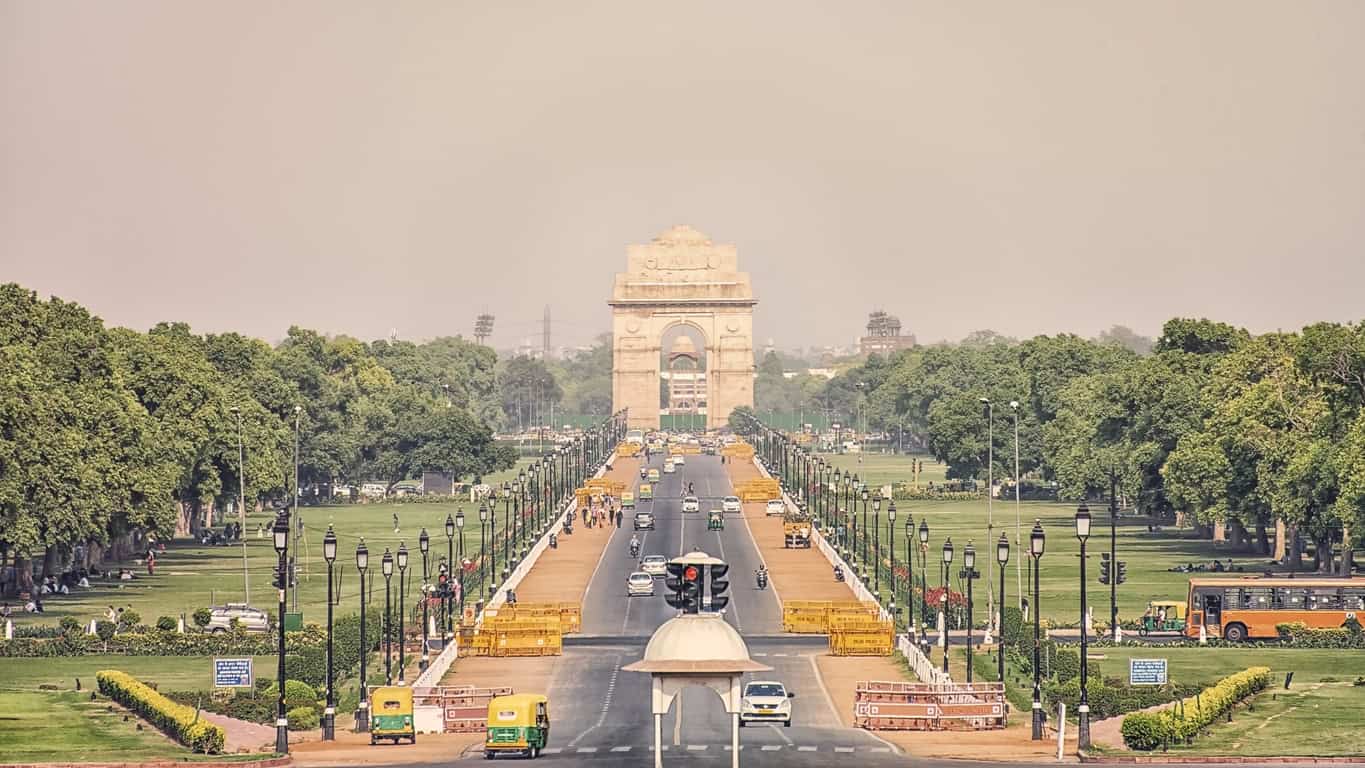The awarding of a licence from the University Grants Commission now paves the way for planning to progress for the University of Southampton Delhi NCR campus.
“In the 21st century, no university can be truly global without engaging with India,” said Mark E. Smith, president and vice-chancellor of the University of Southampton.
“Our intention is to establish a campus that delivers social value and economic impact to India and the university by bringing together Southampton’s world class activities in education, research, and knowledge exchange and enterprise, with all the talent of the rising global superpower that is India.”
Smith said that through the new campus, the university will help to deliver a “critical element” of the Indian government’s “transformative agenda”, and that the university will work to play its part in harnessing the “potential, talent and capabilities of Indian youth”
The upcoming campus will enable the University of Southampton to build on its existing links to India by amplifying research collaboration and impact, extending teaching partnerships, creating two-way student and staff mobility, and ensuring local civic and community engagement, the university said in a statement.
It has been collaborating with various higher education institutes in India since the 1970s in research, as well as establishing an India Centre at the university in 2022.
“University of Southampton Delhi NCR will be the first comprehensive international campus in India,” said Andrew Atherton, vice-president international and engagement.
“It will foster academic collaboration and bring an international dimension to the Indian higher education system, opening up opportunities to study for a top 100 degree in-country.”
On August 29, Atherton said that along with the university’s rich history with India, one of the main reasons for setting up the campus is because of the quality and talent in Indian students and institutions.
“Our strategy is to be a global university, a gateway to the world and an inclusive institution, with people at the heart of our mission.
“A primary means of doing this is to develop long-term presences to enable our gateway mission and our push for inclusivity,” continued Atherton speaking to ministers and colleagues at a ceremony to receive the letter of intent to approve the setting up and operation of the campus.
Our campus in India will enable us to offer the same Southampton degree as we provide in the UK in Greater Delhi
Andrew Atherton, University of Southampton
“Our campus in India will enable us to offer the same Southampton degree as we provide in the UK in Greater Delhi, where we will establish the campus, in a world-class environment that provides an outstanding student experience.
“This means that University of Southampton Greater Delhi will be as much part of the University as any other campus, and our students here in India will receive the same degree award and be as much part of our student community as any University of Southampton regardless of location.”
“This is a hugely exciting initiative for India, and our university, and we thank the University Grants Commission of India, the Ministry of Education, the British High Commission, the Indian High Commission, and the British Council, for their confidence in our application” he added.
Lindy Cameron, British High Commissioner to India, said the new campus is to be a “centre of world-class education and innovation”.
“It will also give more British students the chance to have the incredible experience of living and studying in India… This exciting collaboration will foster educational excellence and further strengthen the unique living bridge that connects our two countries.”
Meanwhile, Alison Barrett MBE, director India, British Council, described Southampton’s decision to establish a campus in India as “a testament to the thriving education partnership between India and the UK.
“This landmark development marks our shared commitment to the internationalisation of education, research and innovation as set out in the National Education Policy 2020. It reinforces our belief that education is a powerful catalyst for building bridges and cross-cultural understanding between nations and shaping a brighter future for young people.”




